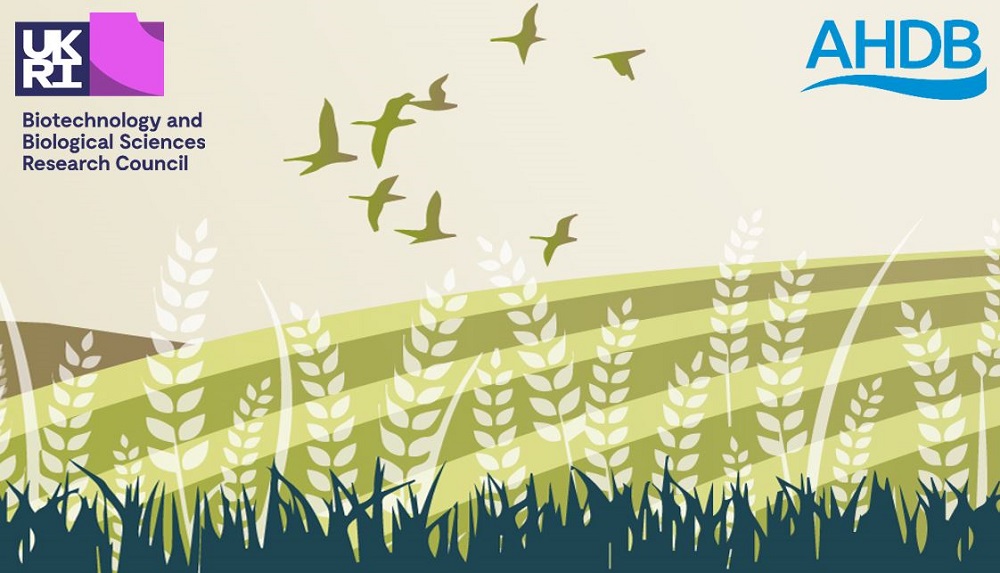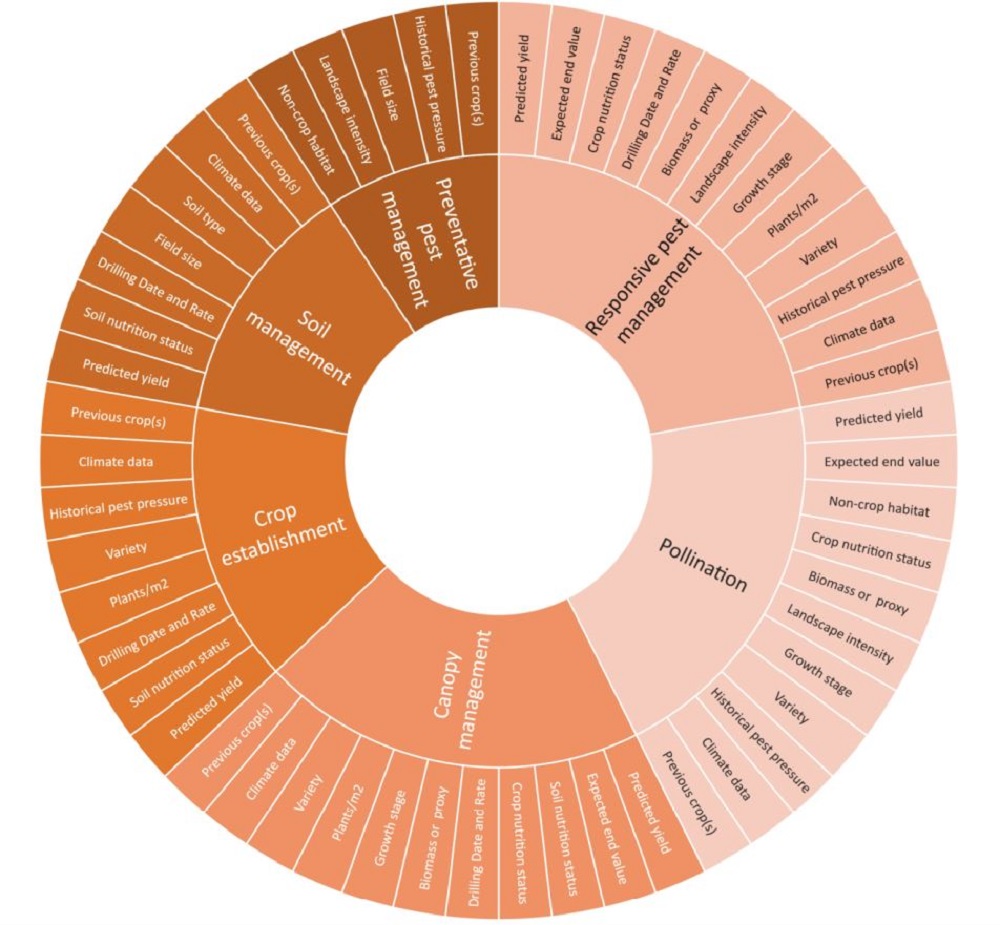- Home
- Knowledge library
- Optimising agronomic and biological inputs for oilseed rape production (AHDB/BBSRC net-zero partnership)
Optimising agronomic and biological inputs for oilseed rape production (AHDB/BBSRC net-zero partnership)
Summary
Getting oilseed rape ready for net zero
The agricultural sector contributes around 10% of UK greenhouse gas (GHG) emissions. To achieve net zero by 2050, UK food production must be part of the solution.
However, the sector is complex. It involves numerous processes – from in-field management to supply chain approaches. Agriculture is also relatively exposed to the forces of nature and policy.
An economically important arable crop in the UK is oilseed rape (OSR). However, it has a high carbon footprint relative to other arable crops, such as wheat and barley.
To reduce the crop’s carbon footprint, further optimisation of production is required. There is considerable opportunity to deliver higher (and more consistent) yields with a reduced environmental impact.
This three-month project aimed to support the agricultural transition to net zero. It explored the potential to optimise agronomic and biological inputs in UK oilseed rape production.
By working with producers, agronomists, and researchers (through online workshops), and conducting a research review, we identified a series of management adaptations.
Growers then prioritised these adaptations – based on the potential of each approach to deliver yield benefits and reduce emissions, as well as their feasibility.
The most promising approaches include:
- Optimising nutrient inputs, including the utilising alternative nutrient sources (such as manure)
- Improving habitats to promote ecosystem services, including pollination and natural pest control
- Making better use of pest management thresholds
- Managing the crop canopy better
The review demonstrated that many of these management approaches and their effects in oilseed rape are well researched, particularly pest control and nutrient management. However, some are less extensively studied, such as pollination and canopy management.
Although our research identified excellent decision support systems (DSS), these tended to consider one aspect of crop production. For long-term sustainability of the overall system, greater attention to the full series of decisions and their interactions is required. This requires a broader and deeper knowledge of the biological, agronomic and socio-economic drivers of crop production and improvements in associated DSS.
Through the workshops and review, we identified six categories to describe critical points during the oilseed rape production cycle:
- Preventative pest management
- Soil management
- Crop establishment
- Canopy management
- Responsive pest management
- Pollination
For each of these categories, key parameters likely to be associated with DDS were also identified (Figure 1). This process has produced a framework for studies on modelling and DSS.
This oilseed rape project has:
- Identified feasible management approaches to improve production and environmental outcomes (focusing on net-zero)
- Generated an evidence base of research on the effects of management on yield
- Produced a modelling and decision support framework
- Identified knowledge and data gaps
- Provided a foundation for future research and development (including the development of DSS)
- Delivered information to help shape UK policy
This project has laid a foundation to help UK oilseed rape production play its role to help meet the UK government’s target to decarbonise all sectors and become net zero by 2050.
Figure 1. Six categories to describe critical points during the oilseed rape production cycle and key parameters likely to be associated with decision support systems (DSS)
AHDB/BBSRC net-zero partnership
*This project formed part of an AHDB/BBSRC partnership that aimed to support the agricultural transition to net zero. Project costs were met through BBSRC’s Farm Sustainability Fund. The partnership supported ten projects that addressed priorities identified by farmers, including ways to cut greenhouse gas emissions and increase carbon storage.
Downloads
PR640-07 Final report AHDB-BBSRC Farm Sustainability Fund (Garratt)Related resources



